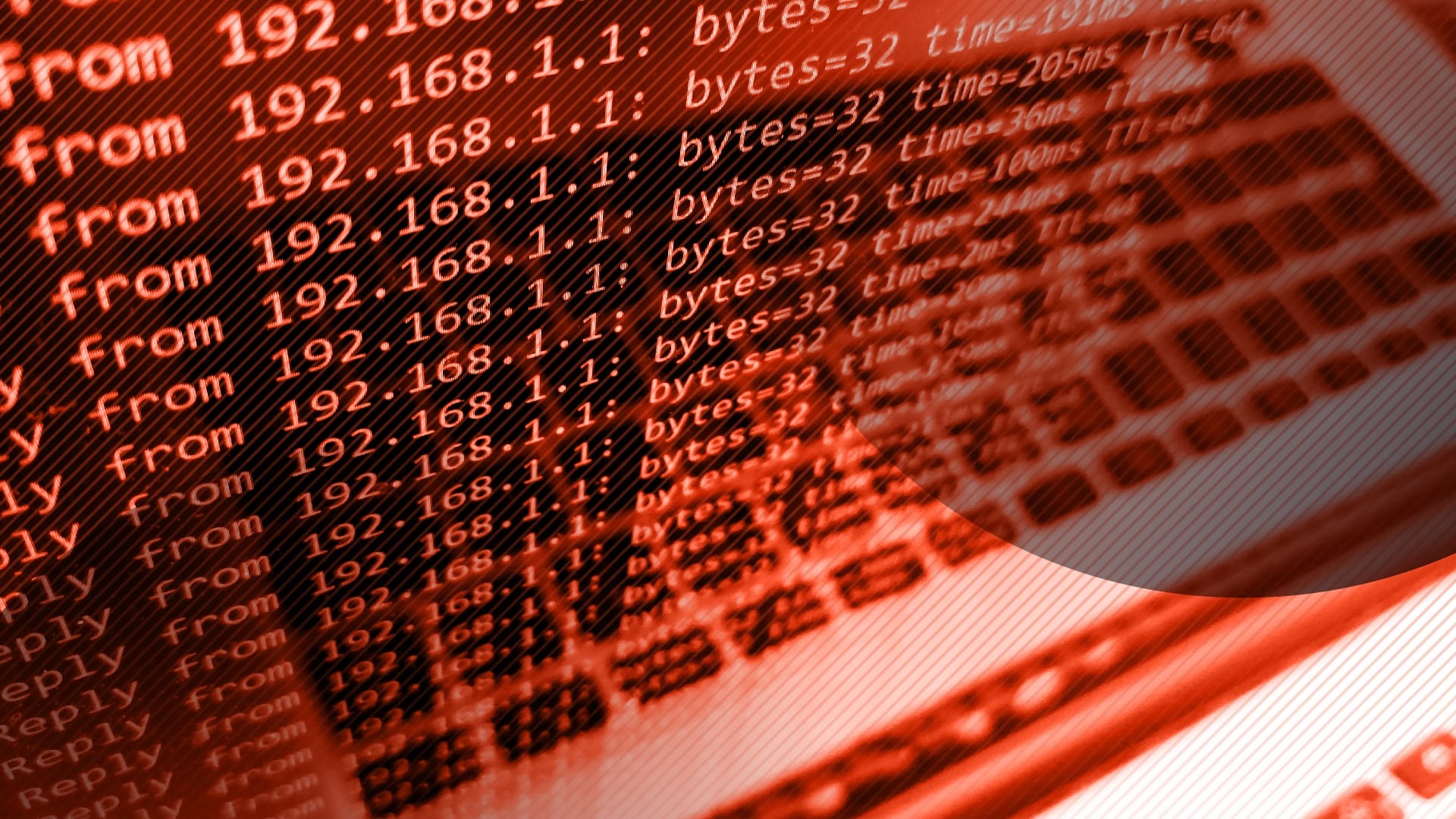
The primary motivation behind IP booter/stresser panel attacks is financial gain, often through extortion tactics. Cybercriminals may launch DDoS attacks against businesses or individuals, demanding ransom payments in exchange for a cessation of the attack and restoration of services. This tactic, known as “DDoS extortion,” has become increasingly prevalent in recent years, exploiting the fear and potential financial losses associated with prolonged service disruptions.
In some cases, attackers may even threaten to launch larger-scale attacks or expose sensitive data if their ransom demands are not met, amplifying the pressure on victims to comply. The anonymity afforded by the internet and the relative ease of launching DDoS attacks through IP booter/stresser panels have made this form of cybercrime an attractive prospect for financially motivated actors.
Ideological and political motivations
While financial gain is a significant driving force behind IP booter/stresser panel attacks, ideological and political motivations also play a role. Hacktivists, individuals or groups driven by specific ideological or political agendas, may employ DDoS attacks as a means of protest, retaliation, or disruption against entities they perceive as opposing their beliefs or causes. These attacks target government websites, corporate entities, or organizations perceived as representing opposing ideologies or policies. The goal is often to disrupt operations, garner media attention, and bring awareness to their cause or grievances. In some cases, hacktivists may use DDoS attacks as a form of digital civil disobedience, aiming to challenge perceived injustices or assert their stance on various issues.
Cyber vandalism and thrill-seeking
For some individuals, particularly those in the younger demographic, IP booter/stresser panel attacks may be motivated by a desire for cyber vandalism or thrill-seeking. In these cases, the attackers may not have a specific financial or ideological agenda but rather seek to cause disruption, and chaos, or simply test their hacking skills. The relative ease of accessing and utilizing IP booter/stresser panels, combined with the perceived anonymity of the internet, make these attacks appealing to individuals seeking a sense of power, notoriety, or simply a thrill. Unfortunately, this mindset often overlooks the potential consequences and harm caused by such actions, viewing them as mere pranks or harmless mischief.
Countering IP booter/stresser panel attacks
- Enhancing cyber defenses – Implementing robust cybersecurity measures, such as firewalls, intrusion detection and prevention systems, and DDoS mitigation services, helps protect against and mitigate the impact of DDoS attacks.
- Raising awareness and education – Educating individuals and organizations about the potential consequences of IP booter/stresser panel attacks helps discourage participation and promote a culture of cybersecurity.
- Law enforcement collaboration – Strengthening collaboration between law enforcement agencies, cybersecurity experts, and the private sector aids in tracking down and prosecuting the individuals and groups behind these attacks.
- Addressing the root causes – Identifying and addressing the underlying motivations driving IP booter/stresser panel attacks, whether through legal and policy reforms, improved cyber ethics education, or addressing broader societal issues, can help mitigate the problem at its source.
Addressing the root causes and promoting a culture of cyber ethics and responsibility will be essential in mitigating the impact of these attacks and ensuring a safer and more secure online environment for all. View more info about ip stresser on tresser.io/ipstresser.







